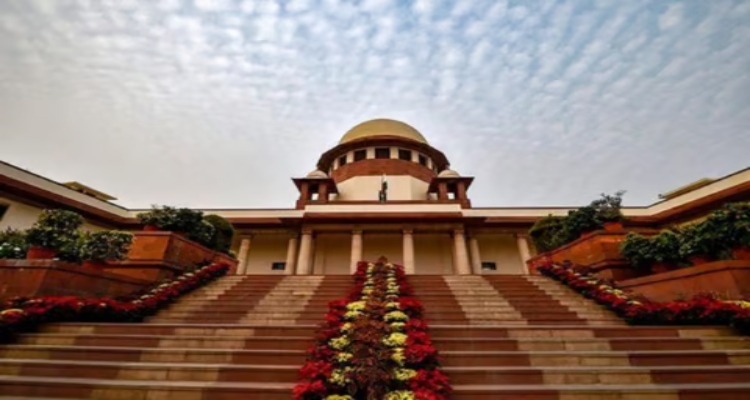
The Supreme Court on Friday dismissed a series of petitions requesting a Special Investigation Team probe into alleged quid pro quo arrangements between corporations and political parties through Electoral Bonds donations.
The bench, consisting of Chief Justice DY Chandrachud and Justices JB Pardiwala and Manoj Misra, concluded that forming an SIT led by a former judge was premature without first using available legal remedies. “At the present stage, absent a recourse to remedies which are available under the law to pursue such grievances, it would be both premature… and inappropriate… for this court to issue such directions,” the bench noted.
The court also turned down the request to mandate the recovery of donations received through Electoral Bonds and to re-examine political parties’ income tax assessments. It remarked, “Issuing a direction of that nature at the present stage would amount to a conclusion on facts which would be inappropriate…”
Prashant Bhushan, representing one of the petitioners, argued that there was a quid pro quo between many corporations and political parties through these bonds. However, the bench questioned why the normal legal processes, such as filing an FIR or a private complaint, had not been utilized to address these claims.
The petitions, filed by NGOs Common Cause and the Centre for Public Interest Litigation (CPIL), sought to investigate the funding sources of shell and loss-making companies donating to political parties, as revealed by Electoral Bonds data. They also called for recovering these amounts if found to be proceeds of crime.
The petitions alleged a multi-crore scam involving Electoral Bonds, claiming it could only be exposed through an independent investigation under the Supreme Court’s supervision. They argued that such an investigation should be overseen by a retired Supreme Court judge to uncover the full extent of the conspiracy involving company officials, government officials, and political party functionaries.
The plea also highlighted that the public disclosure of data after the Supreme Court’s February ruling against the Electoral Bonds Scheme showed that many donations were made in exchange for government contracts, licenses, or protection from investigations.
The Supreme Court had previously invalidated the Electoral Bonds scheme and related amendments to the Income Tax Act and Representation of People Act, which allowed anonymous donations to political parties.




